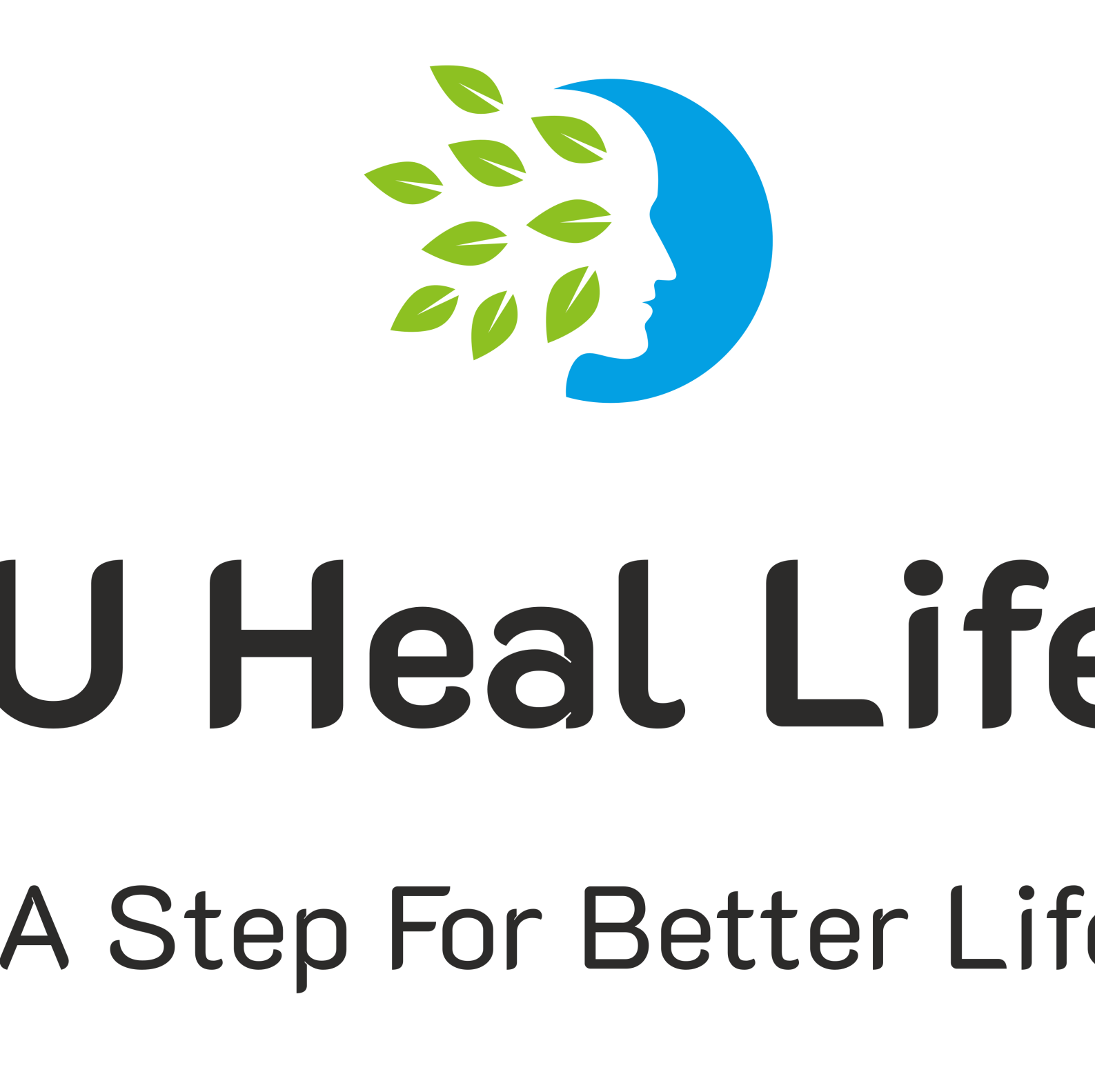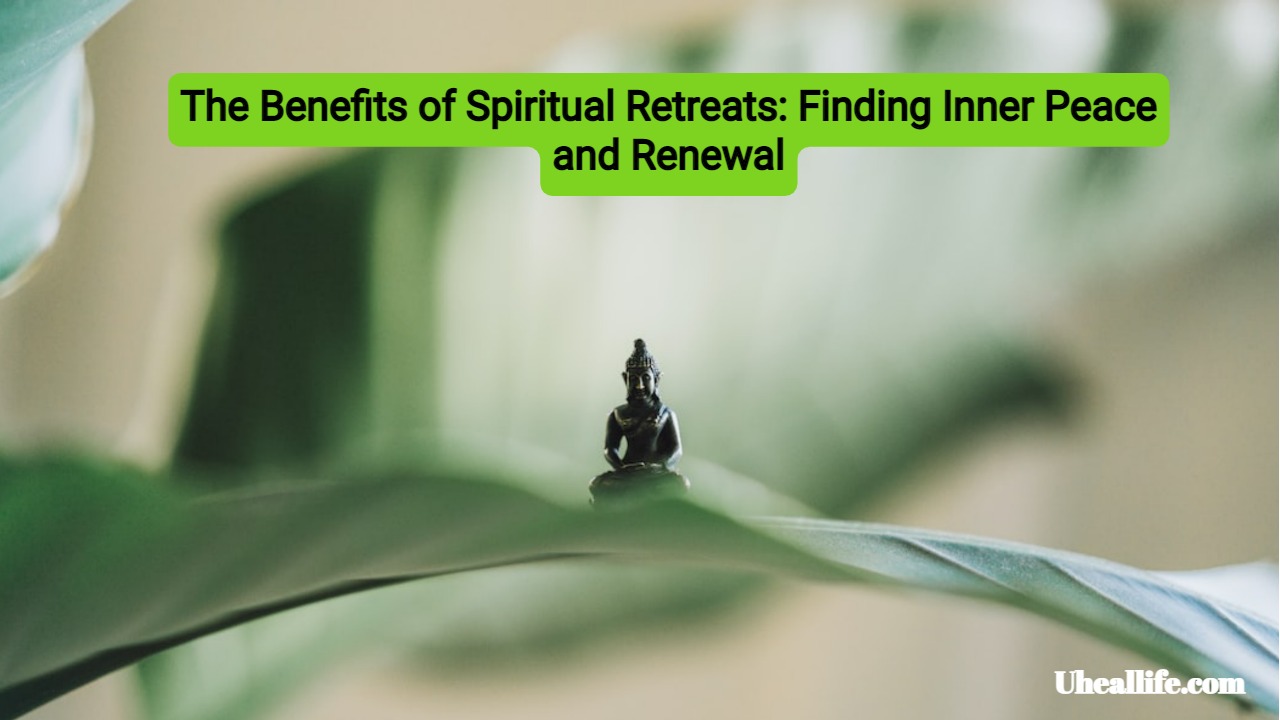The Healing Power of Forgiveness: Letting Go for Inner Peace
In our fast-paced and often chaotic lives, emotional pain and unresolved conflicts can accumulate like heavy baggage. One of the most profound and life-changing tools for emotional and mental well-being is forgiveness. It might seem difficult, even impossible at times, but embracing the healing power of forgiveness can free us from past hurts and open the door to inner peace.
What is Forgiveness?
Forgiveness is a conscious, deliberate decision to release feelings of resentment, anger, or vengeance toward someone who has harmed you—regardless of whether they actually deserve your forgiveness. It doesn’t mean forgetting or excusing the offense, but it means letting go of the power it holds over you.
Forgiveness can be applied not just toward others, but also toward yourself. Self-forgiveness plays a crucial role in mental and emotional recovery, allowing us to release guilt, shame, and regret.
Why is Forgiveness Important?
Holding onto anger and grudges can lead to chronic stress, anxiety, depression, and even physical health issues. Studies show that people who practice forgiveness experience:
- Lower blood pressure
- Reduced levels of anxiety and depression
- Improved relationships
- Better sleep
- Enhanced self-esteem
When you forgive, you’re not doing it for the other person—you’re doing it for your own healing.
The Psychological Benefits of Forgiveness
1. Emotional Freedom
When we harbor resentment, we chain ourselves to the past. Forgiveness is the key that unlocks those chains, granting us emotional freedom. This freedom allows us to move forward, rather than remain stuck in pain and bitterness.
2. Reduced Anxiety and Depression
Negative emotions like anger, guilt, and hatred can contribute to long-term mental health challenges. Forgiveness has been shown to decrease symptoms of anxiety and depression, as it reduces emotional tension and replaces it with compassion and empathy.
3. Improved Relationships
Forgiveness strengthens our capacity for empathy and compassion. Whether it’s between partners, friends, or family, letting go of grudges leads to healthier and more meaningful relationships.
The Spiritual Aspect of Forgiveness
In many spiritual and religious traditions, forgiveness is seen as a divine act of love and compassion. Whether in Christianity, Buddhism, Hinduism, or Islam, the theme of releasing anger and embracing love is a common thread. Spiritually, forgiveness connects us to something greater than ourselves and restores inner harmony.
Forgiveness is also a core principle in practices like meditation, mindfulness, and yoga, all of which aim to cultivate inner peace.
Common Myths About Forgiveness
Many people struggle with forgiveness due to misconceptions, such as:
- “Forgiveness means forgetting.”
Forgiveness is about healing, not erasing memories. - “Forgiving someone means they get away with it.”
It doesn’t remove accountability—it removes your suffering. - “I can’t forgive until they apologize.”
Forgiveness is not dependent on the offender’s actions—it’s your personal choice.
How to Begin the Process of Forgiveness
Forgiveness isn’t easy, especially when the wound is deep. But it is possible. Here are some steps to begin the healing journey:
1. Acknowledge the Hurt
Start by admitting the pain and understanding how it has affected you. Denying the hurt only prolongs suffering.
2. Reflect on the Impact
Consider how holding onto anger or bitterness has influenced your life. Has it drained your energy? Hurt your relationships? Acknowledging this can inspire change.
3. Empathize with the Offender
This is one of the hardest steps, but trying to understand the other person’s perspective—even if you don’t agree with it—can humanize them and help you release the grip of resentment.
4. Decide to Forgive
Forgiveness is a decision, not a feeling. You don’t have to wait to feel ready. Just start with the intention to forgive.
5. Release and Let Go
Let go of the desire for revenge or retribution. Visualization, prayer, journaling, or speaking with a therapist can help facilitate this release.
6. Focus on the Present
Forgiveness helps shift your focus from the past to the present. It enables you to live in the moment, without being weighed down by old wounds.
Self-Forgiveness: The Path to Inner Peace
Often, we are our own worst critics. Many people carry guilt, shame, or regret over past actions. Self-forgiveness is crucial for mental well-being. To forgive yourself:
- Acknowledge your mistakes
- Make amends if possible
- Learn from the experience
- Treat yourself with compassion
- Commit to growth
Letting go of self-blame allows your heart to heal and gives you permission to live a fuller, happier life.
The Role of Forgiveness in Inner Peace
True inner peace can only be achieved when the mind and heart are free from emotional burdens. Forgiveness is the bridge that connects emotional healing to peace of mind. When you let go of toxic emotions, you create space for love, gratitude, and serenity.
“Holding onto anger is like drinking poison and expecting the other person to die.”
– Buddha
This quote captures the essence of why forgiveness is so liberating—it releases you from your own suffering.
Practical Tips for Cultivating Forgiveness Daily
- Practice Gratitude: Focus on what you have, not what you lost.
- Meditate Regularly: Mindfulness meditation helps calm emotional turmoil.
- Affirmations: Repeat positive affirmations like “I choose to forgive and be free.”
- Journaling: Write about your feelings and gradually shift the narrative toward healing.
- Seek Support: Talk to a therapist, counselor, or spiritual guide.
Conclusion
Forgiveness is not a weakness—it is a courageous act of self-love. It doesn’t erase the past but transforms your relationship with it. By embracing the healing power of forgiveness, you reclaim your emotional freedom, restore your peace of mind, and reconnect with your truest self.
Let go of what no longer serves you. Choose forgiveness. Choose inner peace.





